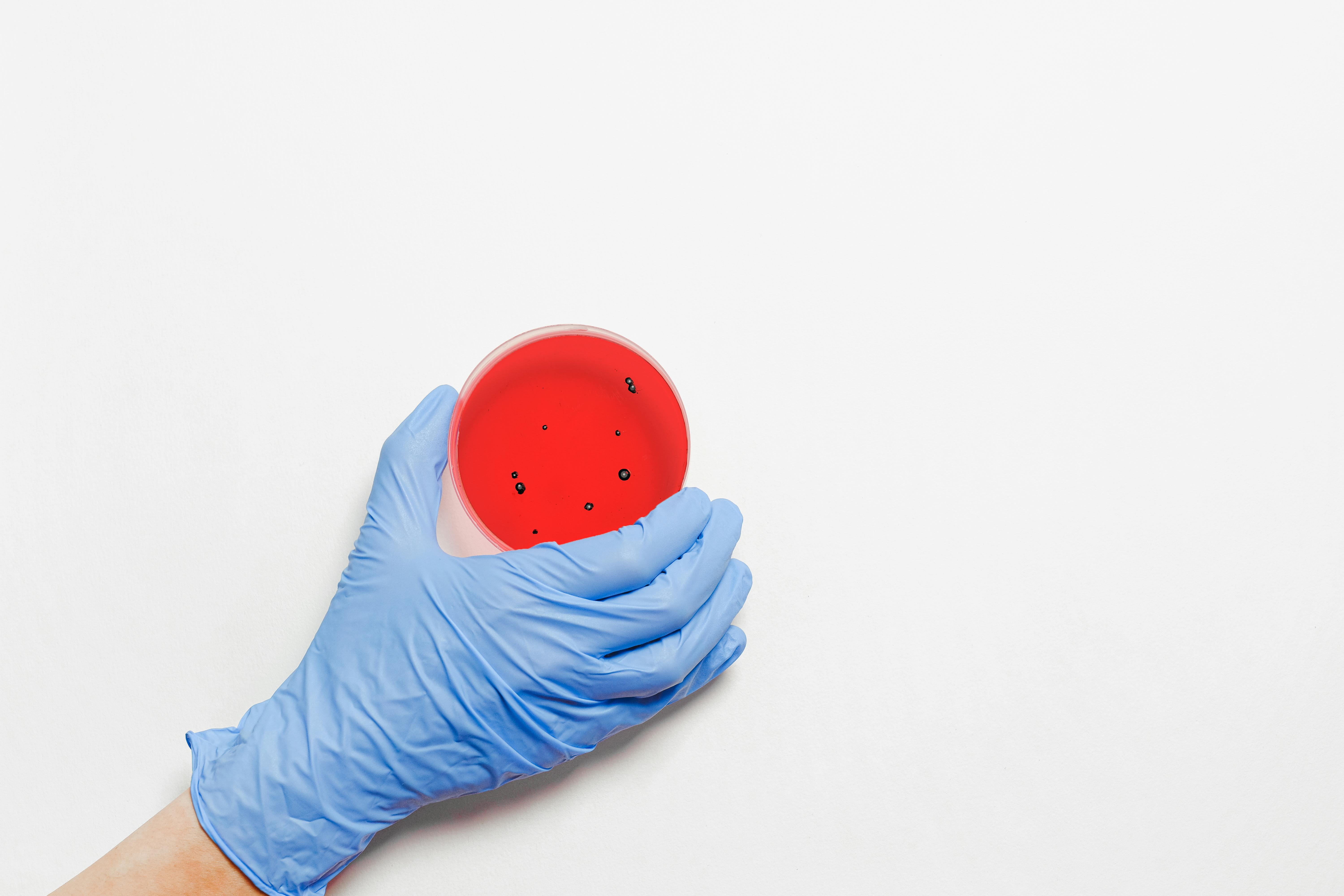Discover 10 myths about pregnancy that you will never know
Once pregnant, women have generally recommended a list of a specific set of do’s and don’ts for everyone. Interestingly, many of these are simply pregnancy myths.
Here are 10 myths that you did not know and enjoy the happy pregnancy:
Myth 1: Really sick? can you have twins
Debunked: If you feel sicker than usual, it does NOT indicate the possibility of having twins. Sometimes it can be due to higher levels of the hormone HCG.
Myth 2: Pregnant women should not eat shellfish
Debunked – Eating plenty of fish is very good for pregnant women. Seafood is rich in omega-3 fatty acids. Having fish low in mercury levels during pregnancy will produce smarter babies. Studies reveal that mothers who ate at least 12 ounces of shellfish in a week during pregnancy had babies with higher verbal IQs. These babies also showed better social, motor and communication skills.
Myth 3: The position of the belly determines the sex of the baby:
Debunked – The old wives’ tale is not true. The gender of the baby has nothing to do with the positions of the belly. Every woman is different and she carries her baby differently. The gender of the baby has nothing to do with it.
Myth 4: You are moodier than usual for a reason
Debunked: If you’re moodier than usual, it’s not because you’re pregnant with a girl. This could be excessive stress or hormones going haywire. Meditate and report it to your doctor.
Myth 5 – It’s okay to have a drink
Debunked – Abstaining from alcohol is a personal choice. However, studies indicate that drinking during pregnancy increases the risk of fetal alcohol spectrum disorders (FASDs). Therefore, it is recommended that the pregnant woman completely abstain from alcohol.
Myth 6: Low heartbeat indicates a boy!
Debunked – NO! All claims that a baby’s heartbeat less than 140 beats per minute makes them a boy are false. The doctor will tell you the real reason.
Myth 7: You are eating for two!
Debunked: Excessive cravings and late-night trips to the fridge aren’t because you need to eat for two. Pregnant women only need an extra 300 calories in a day. So make sure you don’t gain more than 25 to 35 pounds.
Myth 8: Heartburn means the baby has MORE hair on the scalp.
Debunked: A newborn baby’s hair growth is highly dependent on the child’s genetic makeup, and is in no way related to the mother’s heartburn during pregnancy. The growing weight of the fetus often leads to pushing the digestive tract toward the cardiac sphincter, leading to acid formation. This is the reason for hyperacidity and not for baby hair. Suffice it to say that many women with terrible heartburn have given birth to hairless babies, and many women without heartburn have had children with lots of hair on their heads.
Myth 9: Certain types of food affect the baby’s complexion
Debunked – This is NOT true. There is no science to back up this baseless claim. Older and ‘wiser’ women around you will push you to drink a lot of coconut water or milk dipped in saffron at night to have a fair baby. However, only genes play a vital role in determining the baby’s complexion. Some may even warn you not to take iron supplements as they can darken your baby’s skin. However, food or medicine have no effect on the baby’s skin.
Myth 10 – Stress is bad for the fetus
Debunked: The latest research has shown that a moderate level of stress does not harm the baby. In fact, it’s really good for the fetus! It will tone the nervous system of the trait and speed up its development. It has been reported that women who have experienced moderate stress during pregnancy have 2-week-old babies with brains working at a faster rate than those whose mothers did not experience any stress. In another study, 2-year-old toddlers born to mothers who experienced moderate stress were found to have higher motor and mental development scores.
Final note – It is very common for moms-to-be to fall victim to these silly myths. These should not be paid attention to. Expectant mothers are advised not to give in to the temptation to address pregnancy myths and consult their doctor for proper guidance.
